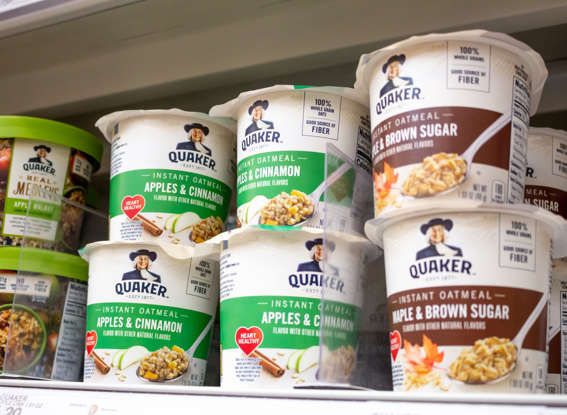You might remember the television commercials hawking a fuzzy green clay pet to the catchy tune of ch-ch-ch-chia! What caused the terracotta puppy to sprout green? A sloppy paste of wet chia seeds. Very few of us at the time considered the seeds something that could add a nutritional boost to our diets, and instead, just something that made a novelty product fun to see. But now these tiny chia seeds have reached superfood status, as they pack a serious nutritional punch. And, in this case, one that is not overhyped.
Read on to find out about chia seeds’ benefits and why you would be wise to sprinkle more into your life.
Chia Seeds’ Origin
Chia is a small, subtlety flavored seed that comes from an annual herbaceous plant, Salvia hispanica L., a member of the mint family native to Mexico and Central America. Once a food prized by the ancient Aztec armies, chia was cultivated by Mesopotamian cultures, but then essentially disappeared for centuries until the middle of the 20th century, when it was ‘rediscovered.’
The Health Benefits of Chia Seeds
Don’t let their small stature fool you: chia seeds have a large nutritional impact. In fact, a 1-ounce serving (about 2 1/2 tablespoons) of chia seeds contains:
138 calories
5 g protein
9 g fat
1 g saturated fat
5 g omega-3 fat
12 g carbs
10 g fiber
“Chia seeds are a convenient and nutrient-dense food that can help runners meet their nutritional needs,” says Dana Norris, M.S., R.D., C.S.S.D, dietitian of Eleat Sports Nutrition. “That’s because they provide protein, omega-3 fatty acids, fiber, and many other nutrients like magnesium, calcium, phosphorus, and potassium.”
Here, what you’ll gain from eating chia seeds:
- Mega-healthy fat
Some people still consider high-fat foods like chia as the enemy, but they’re our allies in health when they possess the right types of fat. Only about 11% of the fat present in chia seed is saturated, with the rest being health-benefiting monounsaturated and polyunsaturated.
In the case of chia, the most notable polyunsaturated fat is alpha-linolenic acid (ALA), a type of omega-3 fatty acid that is deemed essential and therefore must be obtained from the diet. An analysis of data from 41 studies that was published in the journal BMJ linked a high intake of alpha-linolenic acid to a 10% lower risk of all-cause mortality, an 8% lower risk of death from cardiovascular disease and an 11% reduced risk of death from coronary heart disease, compared with lower consumption levels.
Other research has also suggested that this plant-based omega-3 fat can be protective against developing heart disease. Mechanisms aren’t yet fully known, but it might be that this fat helps lower inflammation in the body.
The omega-3 content of chia could also be one reason why some research suggests that consuming it daily could help drive down blood pressure numbers. But this benefit has only been demonstrated in those with existing hypertension and may not occur in healthy runners who don’t have troubling blood pressure levels.
Also beneficial: Chia seeds provide a 3-to-1 ratio of omega-3 to omega-6 fatty acid. “The standard American diet tends to be much higher in omega-6s than omega-3s, which can increase inflammation,” notes Norris. “So eating these seeds is a great way to consume more omega-3s and help improve this fat ratio in your diet.”




